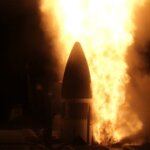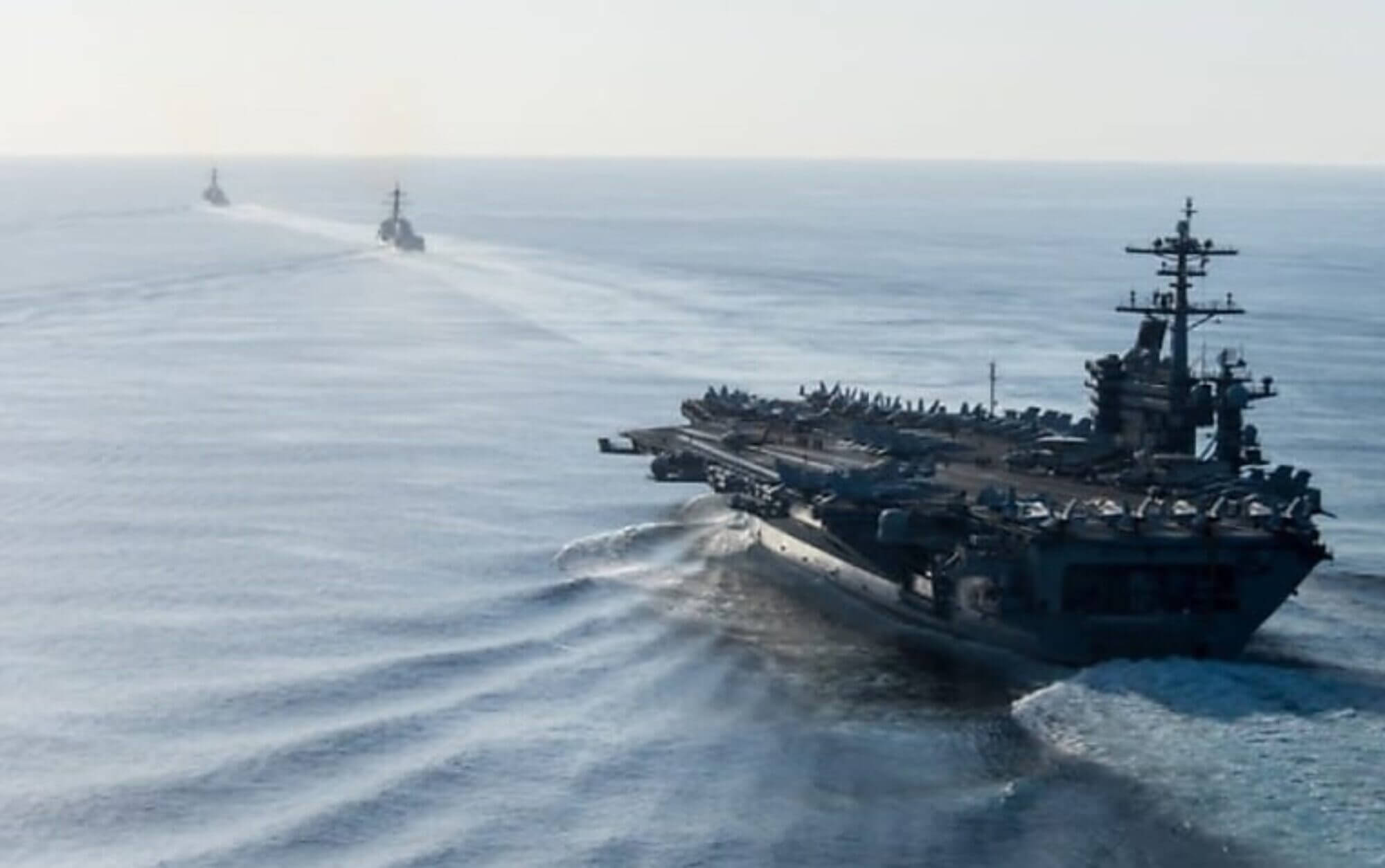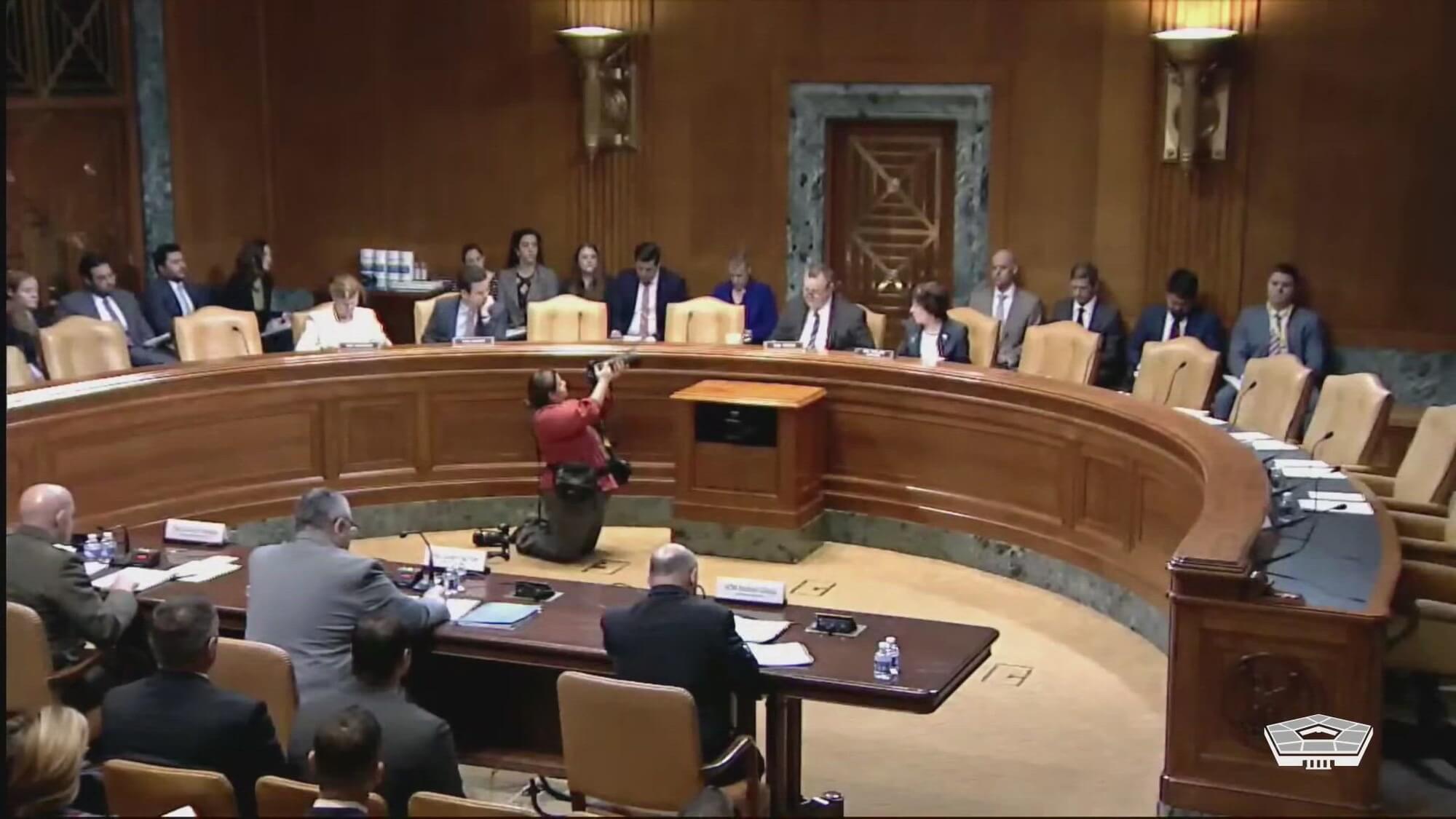Recent developments reported by the Navy Secretary, Carlos Del Toro, to the Senate Appropriations defense subcommittee illuminate the critical challenges and operational demands facing the U.S. Navy. Amid 130 direct attacks over six months and a significant munition shortfall, the testimony underscores the urgent need for enhanced naval capabilities and support.
Key Takeaway
* The U.S. Navy’s ability to defend against frequent hostile actions and its urgent need for funding to replenish critical munitions highlights the indispensable role of naval forces in maintaining national and global security.
* The recent combat use of Standard Missile 3s (SM-3) further underscores the Navy’s forefront position in technological defense advancements.
Facing Frequent Threats
Navy Secretary Carlos Del Toro revealed that U.S. warships have fended off 130 direct attacks in the Middle East over the past six months, demonstrating the volatile environment in which our forces operate. This significant number of attacks highlights the constant threats our naval forces face and the critical role they play in deterrence and defense.
Financial Strain and Legislative Urgency
The Navy is currently experiencing a $1 billion shortfall in munitions essential for these defenses. Del Toro’s appeal for Congress to approve additional funding is a stark reminder of the financial strains on military readiness. The delay in passing the national security supplemental funding by the House represents a critical bottleneck in supporting our naval operations.
Technological Advancements in Combat
The first-ever combat use of the SM-3 missile during the recent Iranian assault on Israel marks a significant milestone. This event not only demonstrates the Navy’s advanced capabilities but also the effectiveness of our current investments in missile defense technology.

Del Toro’s confirmation of the SM-3’s deployment highlights the Navy’s capability to engage and neutralize threats from beyond the atmosphere.
Bipartisan Support for Global Security
Senator Patty Murray’s comments emphasize the bipartisan nature of national security and the global implications of a well-funded Navy. Her criticism of the House’s delay in passing the supplemental reflects the broader political dynamics that can impact military readiness and global stability.
Why This Matters
The ongoing operational challenges and financial needs of the U.S. Navy are not just matters of military preparedness but are essential to sustaining global peace and security. The capability to deploy advanced defensive technologies like the SM-3 in combat situations is critical to deterring aggressive actions by state and non-state actors, ensuring the safety of international waters and global trade routes.
Conclusion
The testimonies before Congress serve as a critical reminder of the stakes involved in maintaining a strong and responsive U.S. Navy. As we navigate these uncertain times, it is paramount that bipartisan support for naval funding is secured without delay. The strength and readiness of our naval forces are key to our national defense strategy and a cornerstone of our international security commitment.


